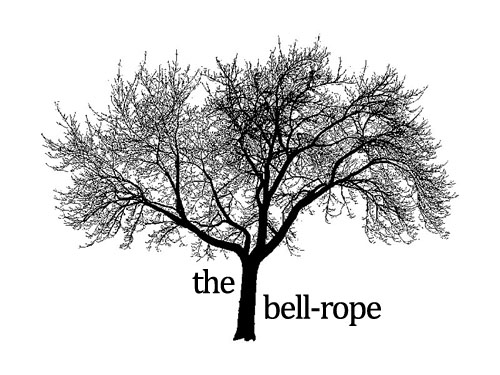An article about grieving in this week's New Yorker mentions the interesting phenomenon of social grieving, which is what happens when a public figure, such as Princess Di or Michael Jackson, dies. For me, the defining aspect of public grieving is the fact that most mourners don't know the deceased personally. When a non-celebrity dies, each person who mourns will mourn in a highly individual way: as a husband, sister, mother, friend, daughter, acquaintance. If a man is survived by his father and his wife, I've wondered, can those two help one another in their grief? How different, or how similar, are the loss of a son and the loss of a husband?
I have never lost anyone close to me, but I would think that I would consider my memories of those I love personal, and would want to protect them. After all, no one else has shared x with this person, no one else had a conversation about y. Death brings people together, but it also separates them; death splits a person into versions, one for each survivor. In life there was a body, a mind where all our impressions were centered - I may have known him as a friend, you as your father, but the real he exists somewhere, anchors our divergent experiences. Death is like a cord cutting: in our grief, we take our different pieces, our separate versions, and hide them away in ourselves.
But social grief is different, because in social grief we all share the same memories, to a large extent. If neither of us knew someone personally, then we are on even ground with respect to what we have lost. This is why social grieving, I think, establishes communities, and why it feels like people pouring into the streets when private grief is more like the drawing of curtains. If someone in our mutual circle dies, I cannot say I know how you feel, even if we both loved the one who is missing. The thing that makes social grief different is the acute sense that people all over the world are feeling precisely what you are feeling, that you are united with others in a mutual and corresponding sense of loss.
The reason I am writing all of this is because the article made me think of my one experience with social grieving, which happened not with Princess Diana nor Michael Jackson but with the American writer David Foster Wallace. And as I sit here and ponder this, DFW begins to fill my thoughts as he tends to do; thinking about it is making me go through it all over again.
Subscribe to:
Post Comments (Atom)

No comments:
Post a Comment